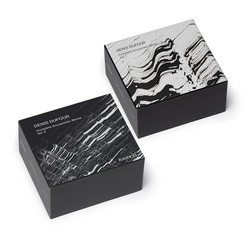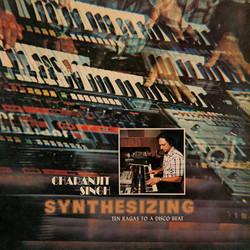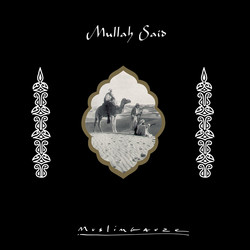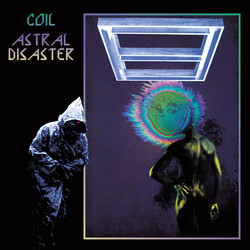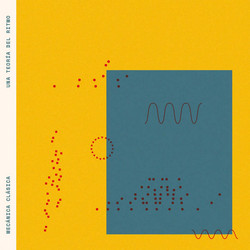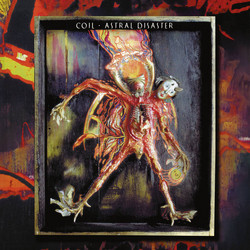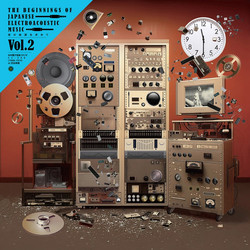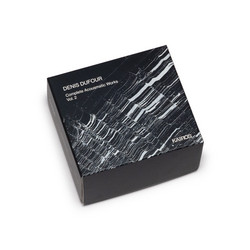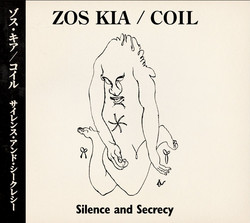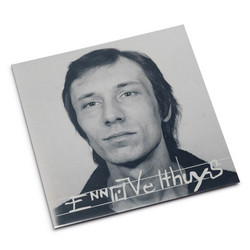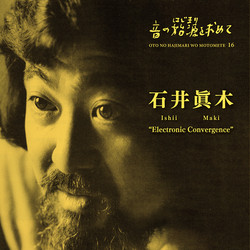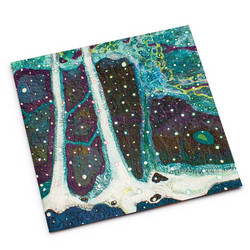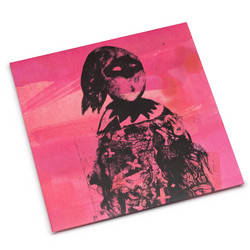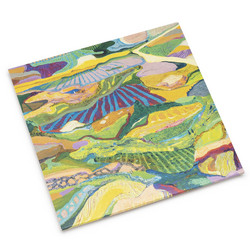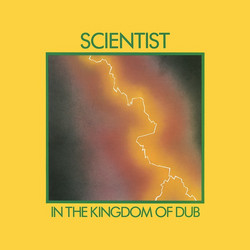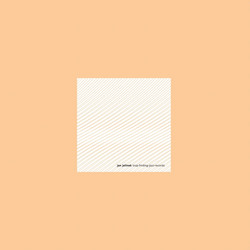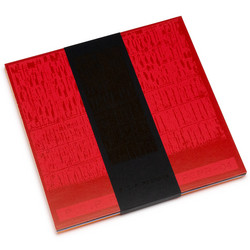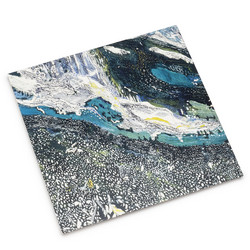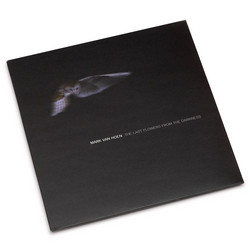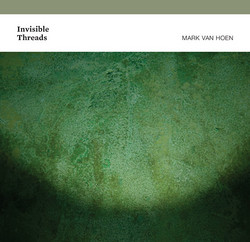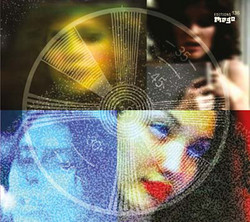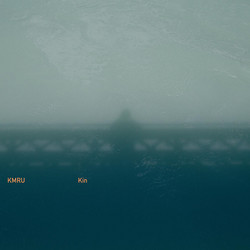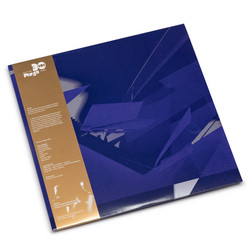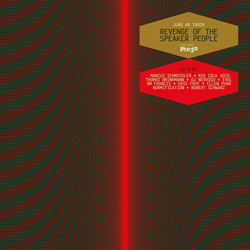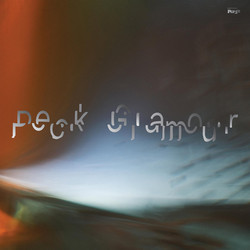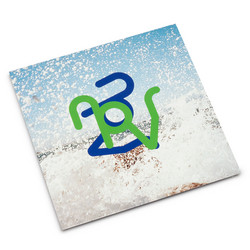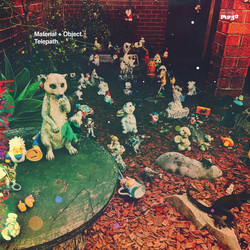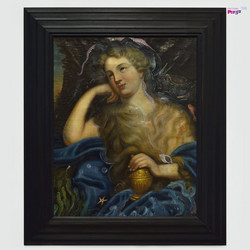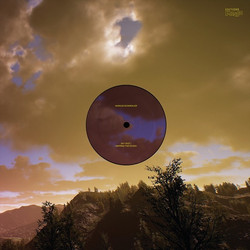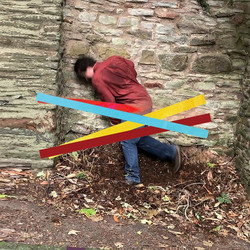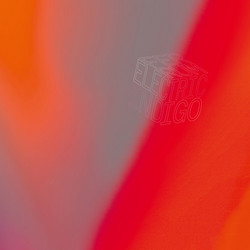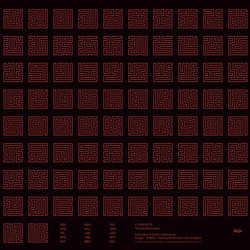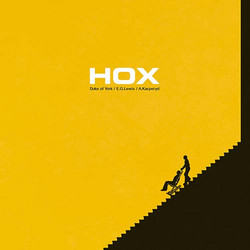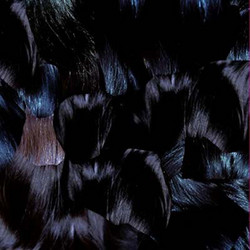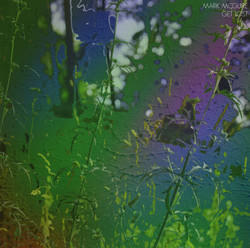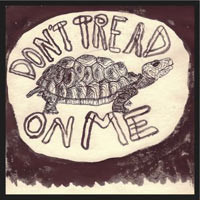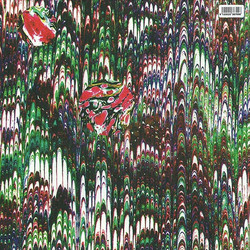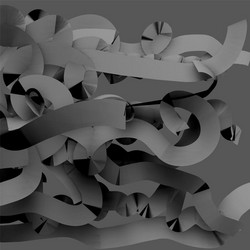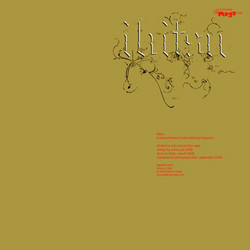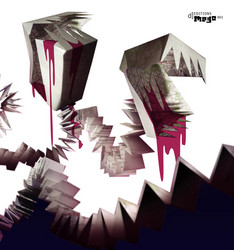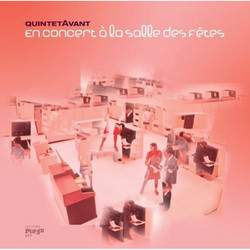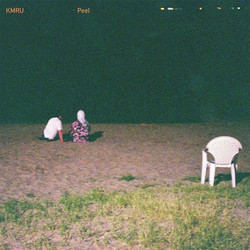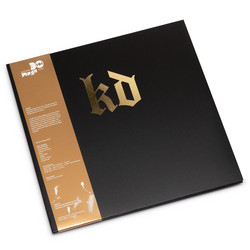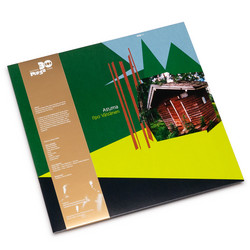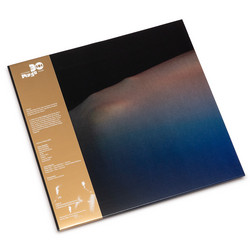"Don't look back," repeats one of several voices within Mark Van Hoen's The Revenant Diary, his fifth solo album and first release on Editions Mego. Surrounded by weighted beats, analog synthesizer drones and granular dirt, the unidentified, siren-like female voice's advice is as much seduction as warning. Tellingly so, for as well as being both Van Hoen's most ambitious and his most accessible work, The Revenant Diary is an eloquent meditation on the allures and dangers of memory, regret and nostalgia. The album's foundation was shaped by a memory and a chance encounter. While remastering some of his early '90s releases and Peel Session tracks, Van Hoen -- a founding member of Seefeel, who also worked as Locust and in Seefeel offshoot Scala and has collaborated with Slowdive, Robert Fripp, Edison Woods and Esben And The Witch, amongst others -- happened upon a track he had recorded in 1982. Attracted by its simplicity, he was inspired to record the basis of The Revenant Diary on 4-track tape, using a minimal set-up, reminiscent of his first early '80s musical adventures as a young teenager. The recollection of one of these -- a 13 year-old Van Hoen's experiment in reel-to-reel tape recording of an ineffectual pop song playing on the radio, which spuriously transformed it into a spooky amalgam of backwards church organ and unintelligible voices -- provided an evocative inspiration. The Revenant Diary pivots on this combination of complex reflection and simplified technology. A determinedly analog affair, it brims over with Van Hoen's signature sounds: immersively-decayed drones, almost broken ambient surfaces and lulling rhythms, with granular crackle providing spectral grit. Fragments of female vocals pepper the album, and notably dominate the 10-minute epic "Holy Me," one of Van Hoen's most complex compositions, in which non-verbal sounds rub delicately against each other in an otherworldly choral composition. Less song-based than his last solo work, the well-received Where Is The Truth (CCO 046CD/LP), its palette and structure are more descendants of the 1995 album Truth Is Born Of Arguments, which utilized a similar combination of decayed atmosphere against a granular/glitch rhythmic structure. Tracks like "Laughing Stars At Night" and "Unknown Host" exude a powerful emotional undertow, as alluringly woozy as they are intensely contemplative. But this is no exercise in Instagram-style disposable nostalgia. Van Hoen's adroit juxtapositions of gauzy textures evoke the blurred luminescence of 16mm film and the rich, color-saturated hues of rediscovered Polaroid photos, as the cover artwork, designed by Stephen O'Malley, acknowledges. The Revenant Diary expertly renders displaced memory daze in lushly melodic, gently delirious electronic sound. All titles composed by Mark Van Hoen. Recorded in Brooklyn & Woodstock, NY, 2011. All instruments & processing by Mark Van Hoen with additional vocals by Georgia Belmont. Housed in a deluxe full-color gatefold sleeve with spot-varnished design. The second LP is one-sided.
Recorded in Brooklyn & Woodstock NY USA 2011.
Double LP in a gatefold sleeve. There is no music on side D.
